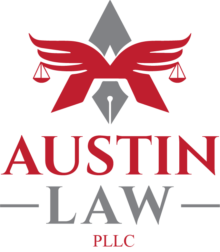Entrapment Issues
Entrapment Issues
Entrapment refers to a situation in which an individual is arrested for a crime that he or she would not have committed were it not for the encouragement or coercion of law enforcement. If a police officer uses coercion and other tactics that induce or persuade someone to commit a crime, this is a type of entrapment and a valid defense for criminal charges that might arise as a result of entrapment.
Entrapment or Opportunity?
For example, Joe was charged with selling illegal drugs to a police officer who was working undercover. The drugs are for Joe’s personal use, but the undercover officer begged him to sell some to her for over 2 weeks, claiming that her mother was suffering from a fatal illness and in need of drugs to relieve her pain. After refusing her repeatedly, Joe felt bad and finally sold the undercover officer part of his stash, for which he was immediately arrested. This situation goes beyond opportunity and involved repeated pleas and harassment until Joe finally gave in. Entrapment, in this case, would be the appropriate and most effective defense.


Subjective and Objective Standards
Objective: If using the objective standard, jurors would decide if a law enforcement officer’s actions would have caused a normally law-abiding citizen to commit the same crime.
Subjective: An entrapment defense is not as likely to be successful under a subjective standard. This standard asks jurors to decide if a defendant’s predisposition to commit the crime in question makes the defendant responsible for such actions, regardless of the inducements of law enforcement.


Who Can Commit Entrapment?
Entrapment only applies to government agents. It was designed to prevent extreme and outrageous conduct by law enforcement or other such officials and, as such, does not apply to private individuals. If Kyle, a private individual, convinces someone to commit a crime, his actions do not constitute entrapment.

